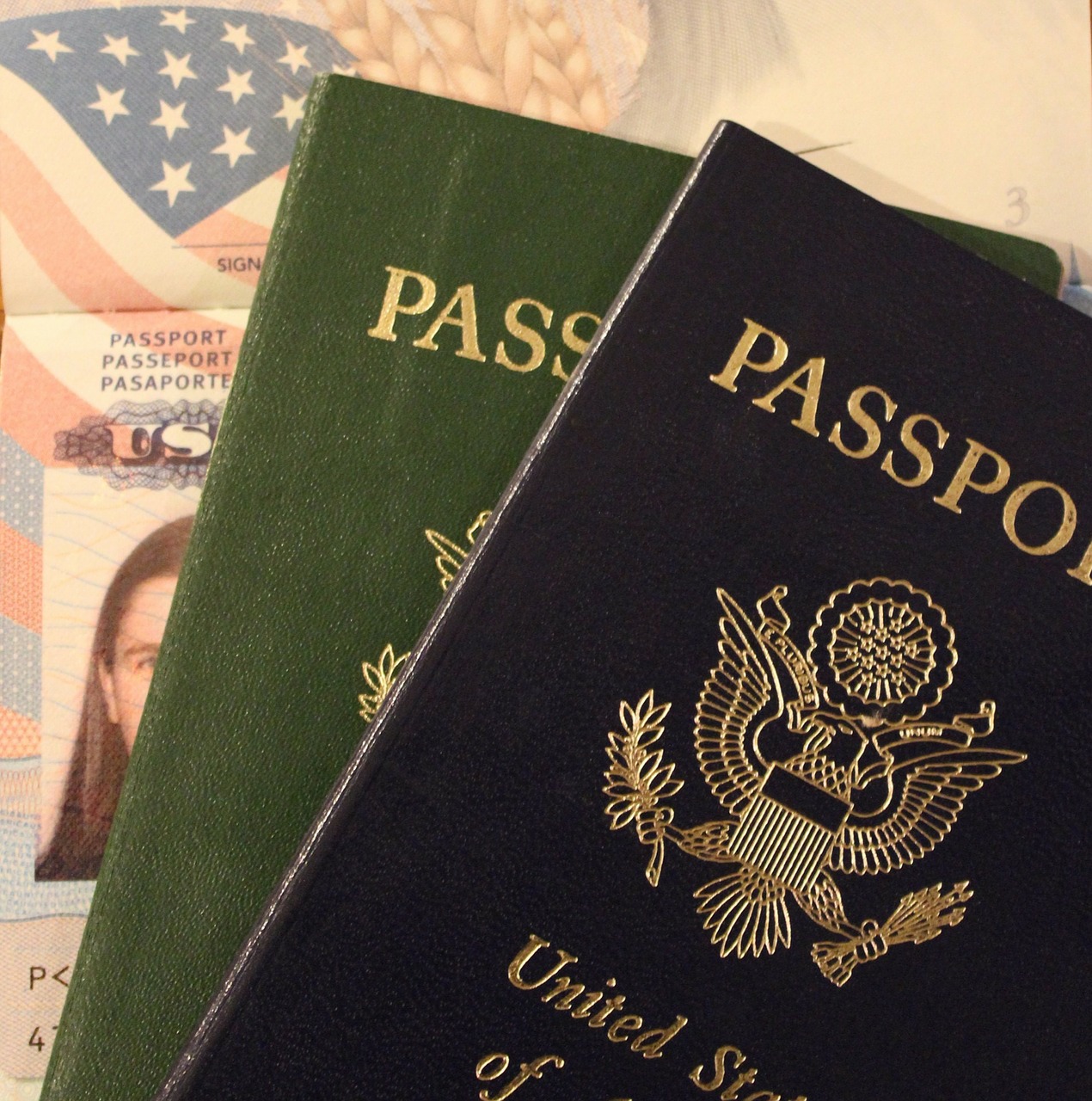Islam has become the second-largest religion in Germany with an estimated 3.5 million Muslims out of a population of 82 million, most of them of Turkish descent, a visiting expert said in Jakarta on Wednesday. Monika Wohlrab-Sahr, the head of Islamic research at the University of Leipzig, said Islam had become a permanent phenomenon in the social, cultural and religious sectors of German life as Muslims, most of them migrants, had integrated well in the community. “Muslim migrants started to build their families in Germany, and their children were born and raised in Germany, often with limited knowledge of their mother tongue,” Wohrlab-Sahr said, adding that migration to Germany started mainly in the 1960s when workers were hired from Turkey, Tunisia, Morocco and the former Yugoslavia.
Wohrlab-Sahr, who is not Muslim, said about 18 percent of the German population had a migrant background and that Islam had arrived in 1924 when a mosque was built in Berlin.
“The right to establish places of worship and to build mosques, including the minarets, is part of religious freedom in Germany,” she said, adding that there were 206 mosques and 2,600 prayer rooms in the country. The most prevalent religion in Germany is Christianity.
“There is a fear of Islam regarding the terrorism issue among Germans, but nothing happens in our country so we continue to support Muslims,” she said, speaking at a forum at the University of Paramadina. Every Oct. 3, the commemoration of the reunion of West and East Germany, the mosques open their doors to the public, demonstrating their integration and the pluralism of German society, she added. Since the 1980s, there have been several attempts to create organizations that would be able to negotiate with the German state in matters of Islamic belief. Such institutions include the Islamic Council for the Federal Republic of Germany, the Central Council of Muslims in Germany and the recently founded Muslim Coordination Council.






